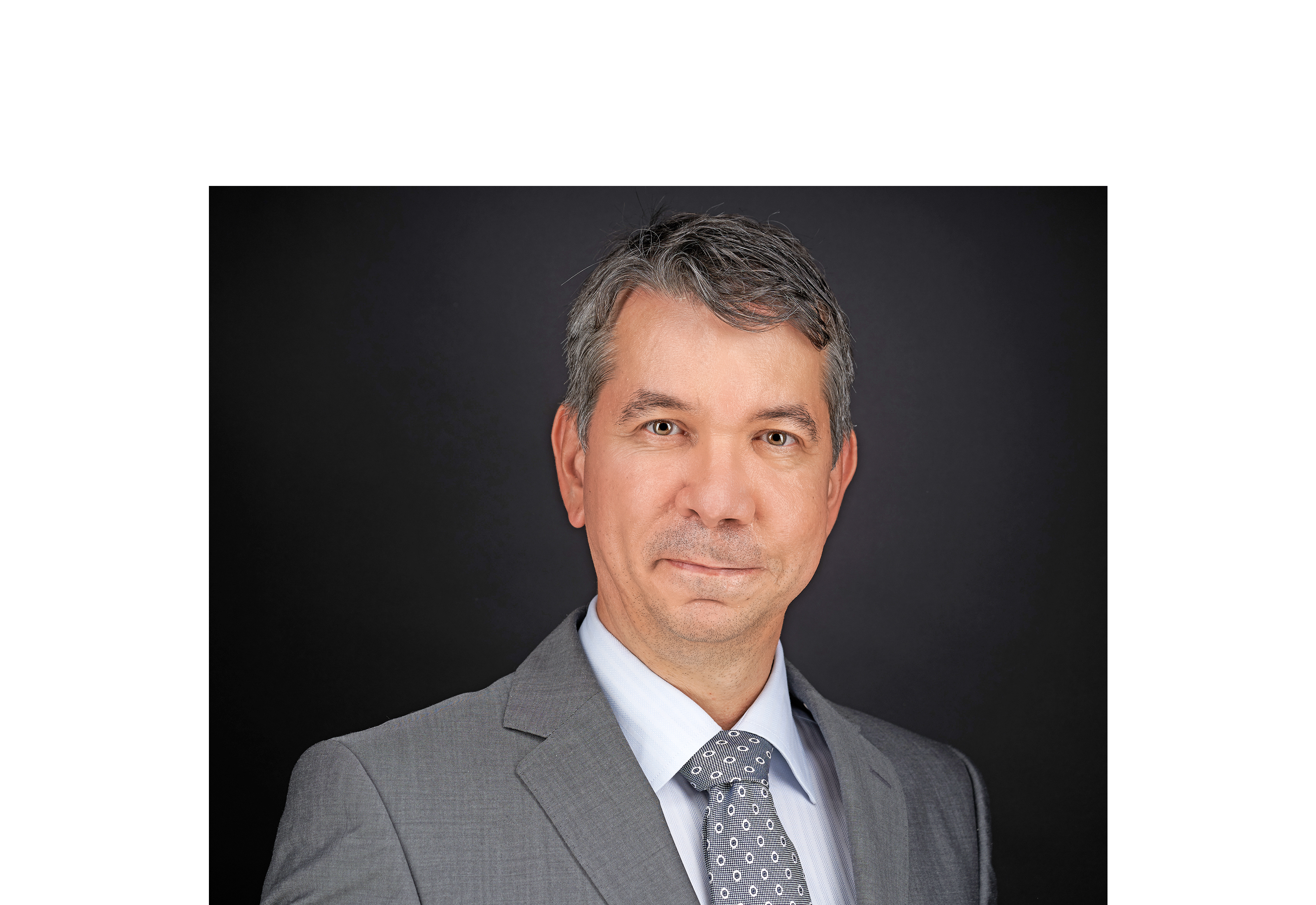WMC: Hungary Entering ‘new era’ in Healthcare

Dr. Róbert Mári
Legislation has helped launch a new phase in Hungarian healthcare, Dr. Róbert Mári, managing director of Wáberer Medical Center (WMC) Kft. tells the Budapest Business Journal. He believes private complex care facilities are well placed to benefit.
BBJ: What makes WMC different from other players?
Róbert Mári: When we came up with the idea of the WMC, we aspired to create a private health center that is the place to go for both our patients and us. We spent a lot of money on creating the 2,500 sqm private clinic with two fully equipped operating rooms, a 15-bed hospital wing, modern diagnostic imaging (CT, MRI, etc.) to serve our clients both in out- and inpatient care.
We created the capital’s leading private center for cardiology and established a special orthopedic division. We think in profiles, in hospital-like, systemic care and we take patient pathway management very seriously. Yet still, it is our doctors and nurses who make the difference. Their professionality, combined with WMC’s fundamental patient-centered healthcare approach, is what makes us special in this market. We hire people that fit in with this concept; many of them return from abroad and they stick around. They like it here, because we do not only offer a modern facility and good salaries, but also professional development, openness to individual initiatives and the lack of title-based hierarchy.
WMC has a so-called “walk-in center,” an urgent care clinic that is one of a kind in Hungary. As its name suggests, one can walk in with a problem and not only be diagnosed but also receive treatment within an hour, even if it is an emergency. (There is a list of conditions we can and cannot treat here.) To do that, we have the necessary ER and diagnostic background as well as the inpatient unit and the operating theaters. The fact that right after diagnosis the patient is referred to the specialists in-house is something that is virtually impossible to manage in an average state facility or a less complex private clinic. Last month, we had a case where a patient with lower abdominal pain checked in. It turned out he had progressed appendicitis which we operated on immediately thanks to the above features and our dedicated team. We had two more similar cases in March and were able to treat them both. This is not to say that we are specialized to deal with such cases but, if need be, we are.
BBJ: What ensures WMC’s place in an expanding and ever more competitive market?
RM: By hiring the best experts in their field, a hospital can only go so far; the edge or profits you gain by doing so is only temporary. What is crucial is that our experts really work as a team. This teamwork is inspiring: our professionals have come up with a lot of innovative ideas. Such initiatives led to our signature patient pathway optimization, the foundation of a tertiary-level cardiology center, as well as to drafting and implementing the concept of our unique walk-in center. Our doctors also take part in keeping our infrastructure up to date. For example, we have one of the best local experts in fetal echocardiography. Per her request, we have recently upgraded to a more state-of-the-art ultrasound machine to take diagnostics to the next level.
We have ever more operating surgeons. We expect them to be available not only for performing surgeries, but also for consulting with patients before and after surgery. Working with multiple, skilled surgeons in many fields (including general surgery, trauma and orthopedics, urology, gynae, vascular surgery) means that our patients do not have to wait weeks for an appointment. In surgeries, the “knowledge of the terrain” is also crucial. Since the start, we have been able to cut back on operation time by more than a half thanks to modern surgical techniques and the complex “fast recovery protocol” in place. Our patients are able to go home, for example, in only two-to-three days following a hip replacement surgery. This is only possible if all team members are excellent professionals, know each other and also know and enforce international guidelines.
BBJ: Overall, does it matter if you employ experts who worked abroad or only in Hungary?
RM: What is key is that they share the same values and work ethic. At the center, we have done away with decade-long clichés of bowing to professors and hierarchy; what matters is that the patients really understand what is happening to them and get the attention they deserve. If a professional cannot adopt these core values, we prefer not to work with them. Many of our doctors worked abroad, in the U.K., for example, and they have brought with them patient centered, up-to-date, guideline dependent, good medical practices, many of which we have also adopted.
BBJ: Do patients have to pay more for this type of care?
RM: No, our prices are incredibly competitive. Our method of operation does not cost more, it just requires a different mindset from the healthcare professionals.
BBJ: Is all private healthcare moving in this direction?
RM: Bigger players have started to shift, but there are still a large number of less complex facilities providing outpatient care, a lot of at-home private practices and professionals who work both in state and private care. Many of these small private providers operate in the “grey zone” of the market: they do not write invoices or pay taxes, fail to offer patient guarantees and typically channel the costs of examination and treatment to the state system. No surprise that more and more patients are turning to facilities that provide complex care from diagnostics to surgery and also offer peace of mind in terms of guarantees and safety. This is a tendency that will bring market consolidation in the midterm. Recent changes in legislation, including the sanctioning of gratuities, marks the beginning of a new era in healthcare. Professionals who used to operate nonstop in state hospitals no longer have the incentive to do so. They will look for other options and the complex care private facilities may provide a solution for them.
BBJ: Do existing private health insurance schemes boost this process?
RM: Currently, the majority of patients are covered by corporate insurance; only a handful of individuals pay for their own. I believe this is going to change: people will create a certain demand for schemes that will allow individuals to use private services as well. There are some good examples for that in outpatient care.
This article was first published in the Budapest Business Journal print issue of April 9, 2021.
SUPPORT THE BUDAPEST BUSINESS JOURNAL
Producing journalism that is worthy of the name is a costly business. For 27 years, the publishers, editors and reporters of the Budapest Business Journal have striven to bring you business news that works, information that you can trust, that is factual, accurate and presented without fear or favor.
Newspaper organizations across the globe have struggled to find a business model that allows them to continue to excel, without compromising their ability to perform. Most recently, some have experimented with the idea of involving their most important stakeholders, their readers.
We would like to offer that same opportunity to our readers. We would like to invite you to help us deliver the quality business journalism you require. Hit our Support the BBJ button and you can choose the how much and how often you send us your contributions.








